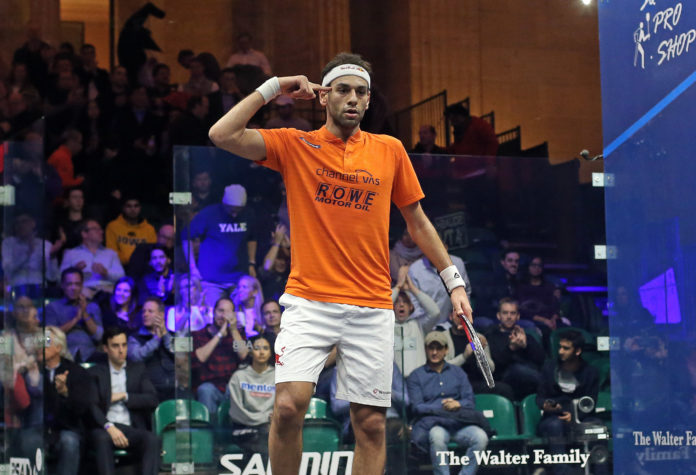By Amy Gross, Peak Performance & Mental Coach, www.pillars4performance.com
“Each point I play is in the now moment. The last point means nothing, the next point means nothing.” — Billie Jean King
World-class athletes strive to achieve laser-like focus. They live for performances where they’re so dialed in that nothing else exists but them and their sport. Yet, they know that playing in the now is a difficult skill to master because there are lots of external and internal stimuli that diminish focus, attention and energy. In order to maintain focus, it’s important to understand and notice when your mind is too past-oriented, future-oriented or distracted. Remember, the best of the best struggle with overcoming distractions and being hung up on the past and/or future. The key is continuing to employ strategies that help you appreciate the moment, reach a blissful mental state and ultimately find your focus.
- Signs you may be too PAST-ORIENTED
- Spending too much energy on how you used to do against an opponent. Focusing on the fact that you beat someone two years ago or obsessing about your 8-1 or 2-4 record takes time away from what you need to do to be successful this time around.
- Dwelling on past mistakes. You may have blown a 10-7 lead or hit the tin at 9-all; however, there aren’t any benefits of fixating on what “shoulda, coulda, woulda” been.
- Giving too much power to past performances. If you let your past performances dictate your mindset, you put too much emphasis on external factors. While past successes and solid training sessions can boost confidence, it’s not the end all be all.
- Signs you may be too FUTURE-ORIENTED
- Obsessing over outcomes. Understand what outcome and process actually means. An outcome focus is when you pay too much attention to what coaches/parents/peers think, winning/losing, rankings, beating others, etc. Being process-oriented means you’re focusing on the things you need to do to perform well (preparation, routines, tactics, moving your feet, etc.). Outcomes aren’t bad (winning a national title is a great goal) but it’s where your focus lies at the moment that determines your success on the court.
- Fear of failure (or success). When you’re overly worried about not matching your seeding or what will happen if you beat a friend, you risk forgetting your inner drivers—the authentic reasons why you compete.
- Emphasizing expectations. Expectation is a strong belief that something will happen or be the case in the future. Trying to predict the future (how you will perform, how you should perform, how your opponent will perform, and how others think you’ll perform) is a waste of time and energy. You don’t know how you will actually play, so shift your focus to what you can do now to improve your performance.
- Tips for shifting focus to the PRESENT
- Focusing on your breath is the simplest way to focus your mind on the now. Breathe in your purpose and breathe out unnecessary tension.
- Identify key takeaways. Learn from your mistakes and be proactive about making changes (e.g. formulate an effective game plan, be open to adjustments based on what’s working/isn’t working on game day).
- Focus on DO statements. Instead of being critical and clinging onto mistakes (“don’t hit the tin again”), focus on what you can do to make the next shot, improve the next game, etc. The more aware you become of your options and choices for the future, the more you can let go of the past.
- Visualize where you want to go. Picturing yourself taking the steps you need to take to get to the finish line is different than thinking solely about outcomes.
- Bite size goals are your friend. Instead of biting off more than you can chew, focus on easy-to-execute tactics. This will increase your attention, alertness, curiosity and ability to adapt.
- Performance-enhancing routines and cue words help you refocus. Find one or two words that resonate with you (e.g. forward focus, strong & simple, courage & confidence) in order to redirect your thinking. Create a study guide or find time to address an interpersonal issue in order to free up your headspace.
- Remember conquering the controllables. If you’re worried you’re going to think about food during a match, remind yourself that you can plan your meals (pre/post-competition) and can bring snacks with you that help you refuel quickly during competition.
- One thing at a time. Multitasking doesn’t calm the mind. Switching from one task to another or trying to do too much at once can cause mental blocks and makes it difficult to tune out the noise.
- Distractions are part of life and competition. Reel yourself in when you’re spacing out or focusing on things that are irrelevant (or harmful) to your performance (e.g. your exams next week, the social activities you’re missing out on, what you want for dinner, who you’ll play if player X loses and player Y wins, etc.).


